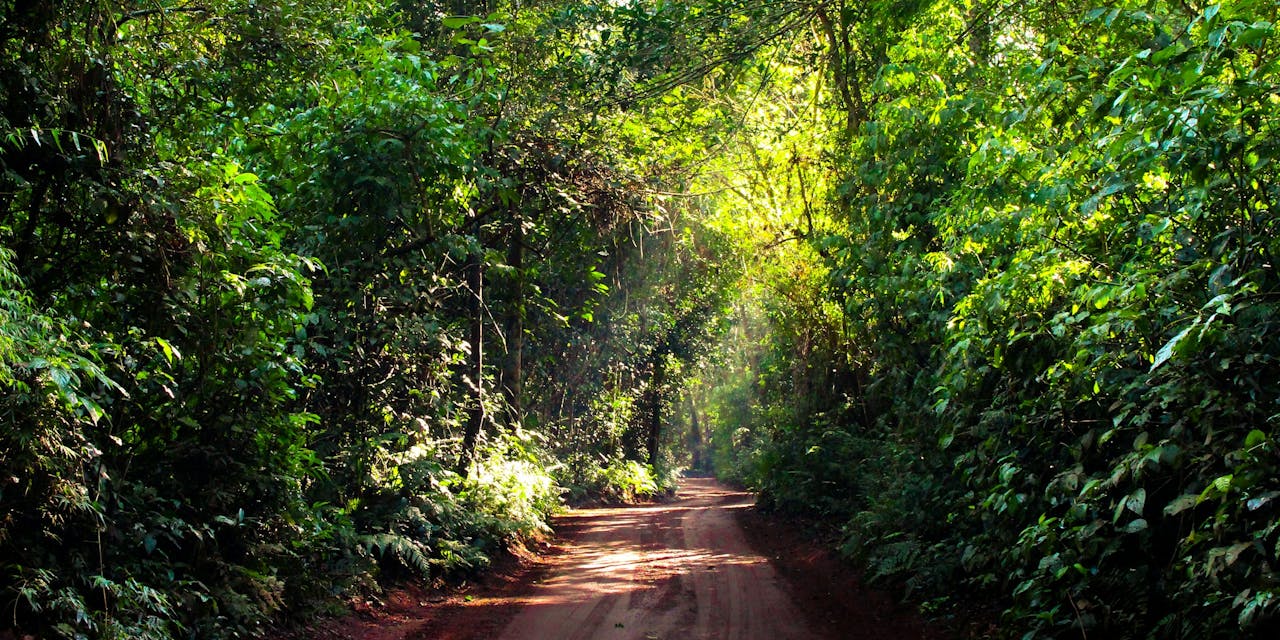In Brazil, leaving forests intact is the most obvious way to contribute to reducing CO2 emissions. The rainforest needs preservation from commercial activities. Today’s Brazilian civil society organizations need to find support to maintain this preservation.
A women’s collective is working to raise awareness and support around challenges facing the indegenous people in Santaram, the eastern part of the Amazon.
Plans for infrastructural projects such as hydroelectric dams, a port, roads and mining have caused land conflicts. Fourteen indigenous territories see illegal logging and a soy cultivation boom for livestock feed that uses toxic pesticides. Community leaders receive threats due to these conflicts. The need for these groups to come together to advocate for themselves is high.
Suraras do Tapajós, a small women’s collective, works to achieve recognition for the traditional lifestyle of indigenous people in the rainforest, protection for the environment, and the empowerment of women.
Suraras do Tapajos joined eight indigenous organizations to attend Wilde Ganzen’s Change the Game Academy course training led by our national partner CESE. Topics covered the need to raise funds locally to avoid dependency on a single donor to keep an organization afloat, how an NGO can use communication to draw attention to its goal, and how to organize events.
The collective rose from doing small-scale fundraising campaigns such as bingo or selling homemade food and crafts at a bazaar to become a professional organization with a variety of funding streams to stay resilient.

They have raised their profile and impact with large in-person and online followings and linking up with other social organizations so they can stake a better claim for themselves, their indigenous territories and communities.
